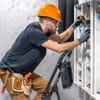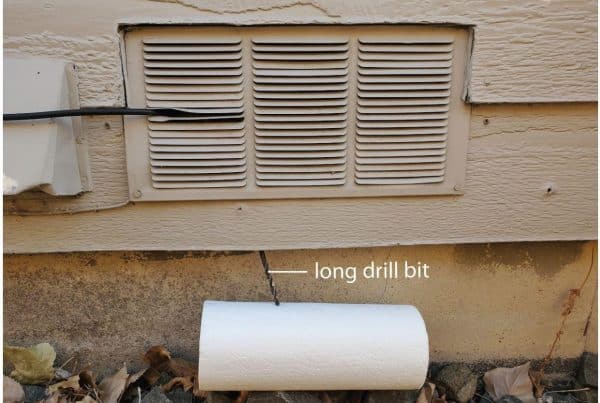Home appliances have become an integral part of our daily lives, and it’s not until we face issues with them that we realize their true value. Though professional help is just a call away, the time and money spent on service calls often feel unnecessary. To help you address these common household challenges, we’ve compiled this guide to DIY home appliance repair, saving you time and money in the process.
Safety First
Before embarking on any DIY home appliance repair, prioritize safety. Always unplug the appliance before working on it and consult the user manual for essential safety precautions. Carefully examine the appliance for any physical damage, and if you’re unsure about your skills or the process, don’t hesitate to call a professional.
Your appliance’s user manual is an invaluable resource for understanding its components and troubleshooting issues. Not to mention it’s far safer than going in blind. The manual will outline general maintenance tips and solutions to common problems, making it your go-to resource when issues arise. For better understanding and ease of following repair instructions, try searching for visual guides like diagrams or video tutorials. These can give you a clear sense of what you’re dealing with, especially if you’re unfamiliar with the appliance’s inner workings. Visual guides can also offer a point of reference during reassembly, ensuring all components are placed back correctly.
Identify the Problem
Before rolling up your sleeves and disassembling your appliance, first identify the root cause of the issue. Some common indicators are unusual noises, strange odors, or inconsistent performance. Once you determine the source, it’s easier to determine the necessary steps to fix the issue.
While a DIY fix can address many common appliance issues, certain scenarios are best left to the professionals. If the problem involves complex wiring or potentially hazardous repairs, it’s essential to prioritize safety over cost and call a professional technician. In some cases, it may be necessary to acquire third-party inspection services NY to ensure the safety and functionality of your appliances after significant repairs.
Troubleshoot Common Issues
Here are some common issues you may encounter with your household appliances and their potential DIY solutions:
Refrigerator
- Issue: Refrigerator not cooling properly
- Solution: Clean the condenser coils and make sure the thermostat is in the correct setting.
- Issue: Water leakage
- Solution: Check the water supply line and drain pan for damage, and unclog the defrost drain if necessary.
Washing Machine
- Issue: Washer not starting
- Solution: Ensure the door is securely closed, and inspect for possible issues with the power supply or door switch.
- Issue: Washer not spinning or draining
- Solution: Check for clogs in the drain hose, pump, or lint filter, and replace any worn or damaged belts.
Dishwasher
- Issue: Dishwasher not starting
- Solution: Inspect the door latch, timer, and electronic control for signs of wear or damage.
- Issue: Dishwasher not draining
- Solution: Clear debris from the drain and inspect the drain hose, pump, and check valve for clogs or blockages.
Tools and Resources
Equipping yourself with the right tools is essential for successful DIY home appliance repair. Some basic tools to have on hand include screwdrivers (flathead and Phillips,) pliers, a voltmeter or multimeter, wrenches, and a flashlight.
Having these tools will enable you to work on various appliances within your home and ensure a smoother repair process.
When looking for help and guidance, don’t forget the wealth of resources available online. YouTube videos, blogs, and online forums can provide step-by-step instructions and troubleshooting tips specific to your appliance’s make and model. These resources can offer valuable insights and practical solutions that the user manual may not provide.
Patience and Prevention
DIY home appliance repair often requires patience, persistence, and a willingness to learn. Stay calm and collected when disassembling and reassembling appliances, and be prepared for situations where things don’t go as planned. Remember that practice makes perfect, and the more you work on your appliances, the more confident you’ll become in taking on future repairs.
Regular attention and care can go a long way in extending the life of your home appliances. Periodically cleaning your appliances, checking for wear and tear, and addressing any minor issues can keep them in top condition. A little proactive maintenance can prevent many common problems and help you avoid costly repairs down the road.
Armed with these tips and tricks, you can now be prepared to tackle common home appliance repairs yourself. Before you know it, you’ll be the go-to expert in your household, saving both time and money in the process. Happy fixing!








